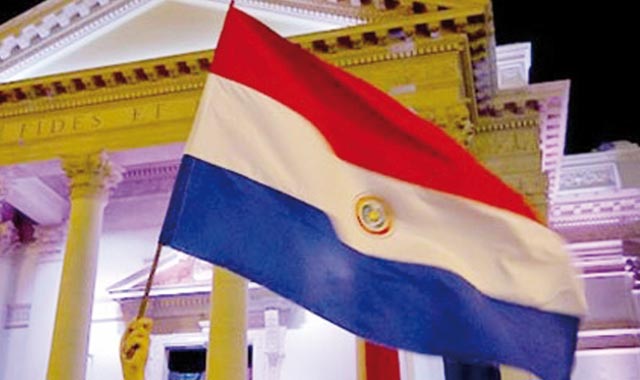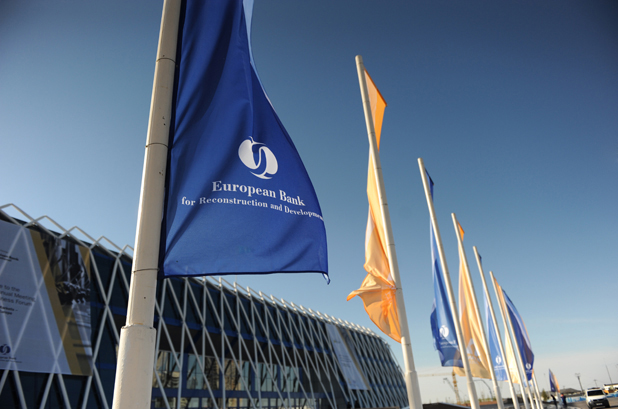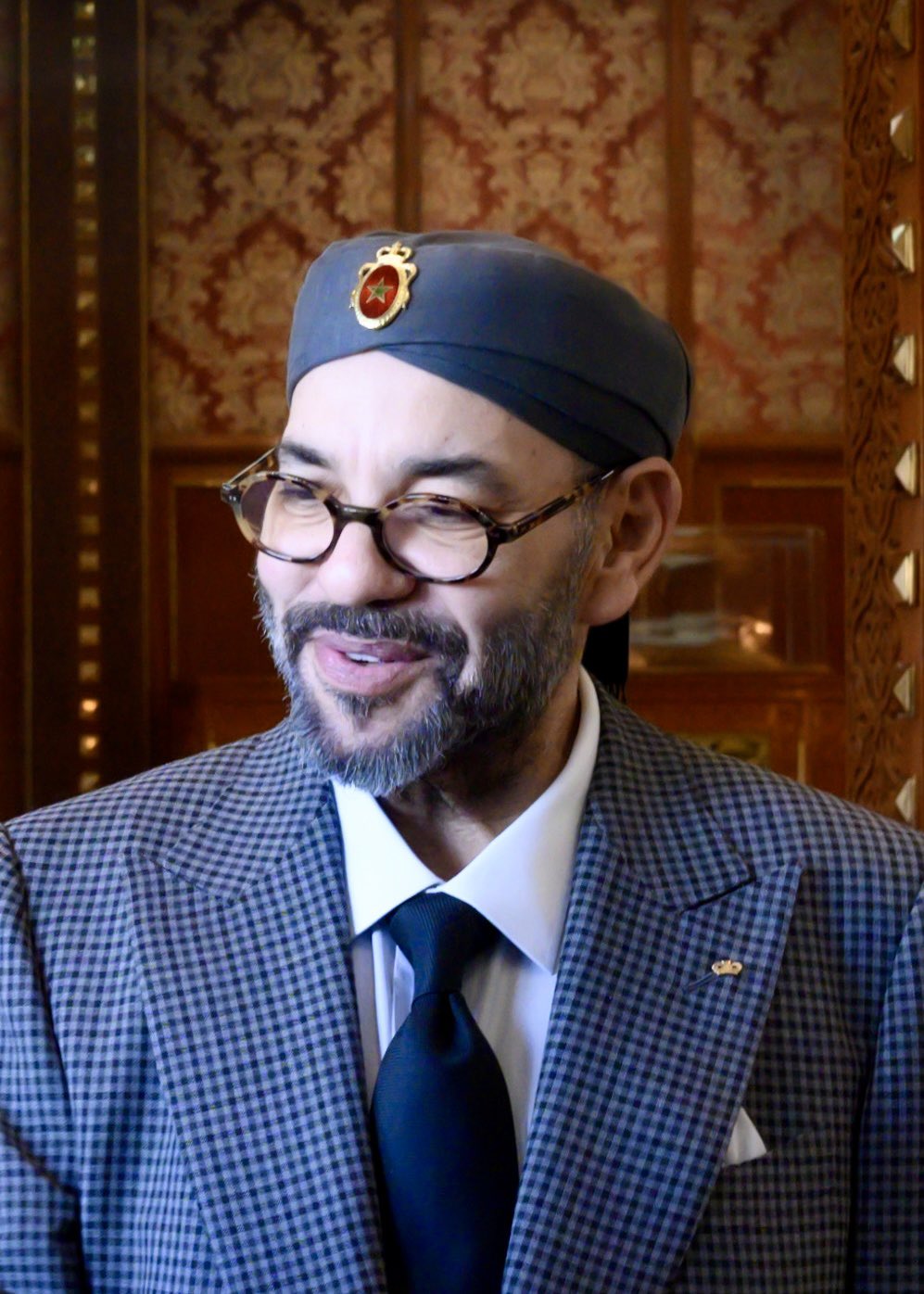 Morocco has stepped up its diplomatic efforts in South America winning the support of countries that were until recently supporters of the Algerian-funded separatists’ thesis in the Sahara.
Morocco has stepped up its diplomatic efforts in South America winning the support of countries that were until recently supporters of the Algerian-funded separatists’ thesis in the Sahara.
The reiteration by Paraguay of its support for Morocco’s autonomy initiative as a lasting political solution to the regional dispute over the southern provinces comes in a series of similar stands expressed by Latin American states.
Paraguay’s outspoken backing for Morocco’s sovereignty over the Sahara was reaffirmed in Rabat this week by visiting head of the Parliament’s foreign relations committee, Walter Harms.
The Paraguayan MP said his country advocates the principles of sovereignty and territorial integrity in line with international law.
He also praised the ever-growing relations with Morocco that he described as “a great friend of Paraguay”.
The Polisario front, which by the past used ideological rhetoric to delude South American leaders, is now on the demise in Latin America where only failing states such as Venezuela and authoritarian Cuba are still attached to promoting separatism.
Actually, the Polisario has been dealt severe blows in South America recently. In August 2017, a Uruguayan court turned down a request to seize a phosphates shipment originating from the Sahara following a similar rejection by Panama to a similar request early June the same year.
In September 2017, Peruvian authorities declared Polisario official Khadijatou El Mokhtar persona non grata and proceeded to her deportation manu military to Madrid.
El Mokhtar was claiming to be on a special mission to Lima but Peruvian authorities, which do not recognize the separatist Polisario entity as a state, kept her within the airport and refused to let her in.
The head of the Polisario militia, Ibrahim Ghali, who is wanted by justice for crimes against humanity, appointed El Mokhtar ambassador to Lima in a decision that is more akin to delirium and ignorance of the sovereign and legal measures that are inherent to state sovereignty.
The increasing withdrawals of recognitions deal the Polisario severe blows. An increasing number of states are coming to terms with viewing the Polisario as totalitarian organization fed by an ideological anachronism peculiar to the Cold War era.
Over the last years, support for the Algerian-sponsored separatist thesis in the Moroccan Sahara has been waning as 43 countries have withdrawn their recognition of the SADR entity out of 80 that previously recognized it in a Cold War context.
Furthermore, as relic of the cold-war, the Polisario remains obedient and dependent financially and diplomatically on its paymaster, Algeria, which uses it to achieve regional hegemony to the detriment of regional stability.



